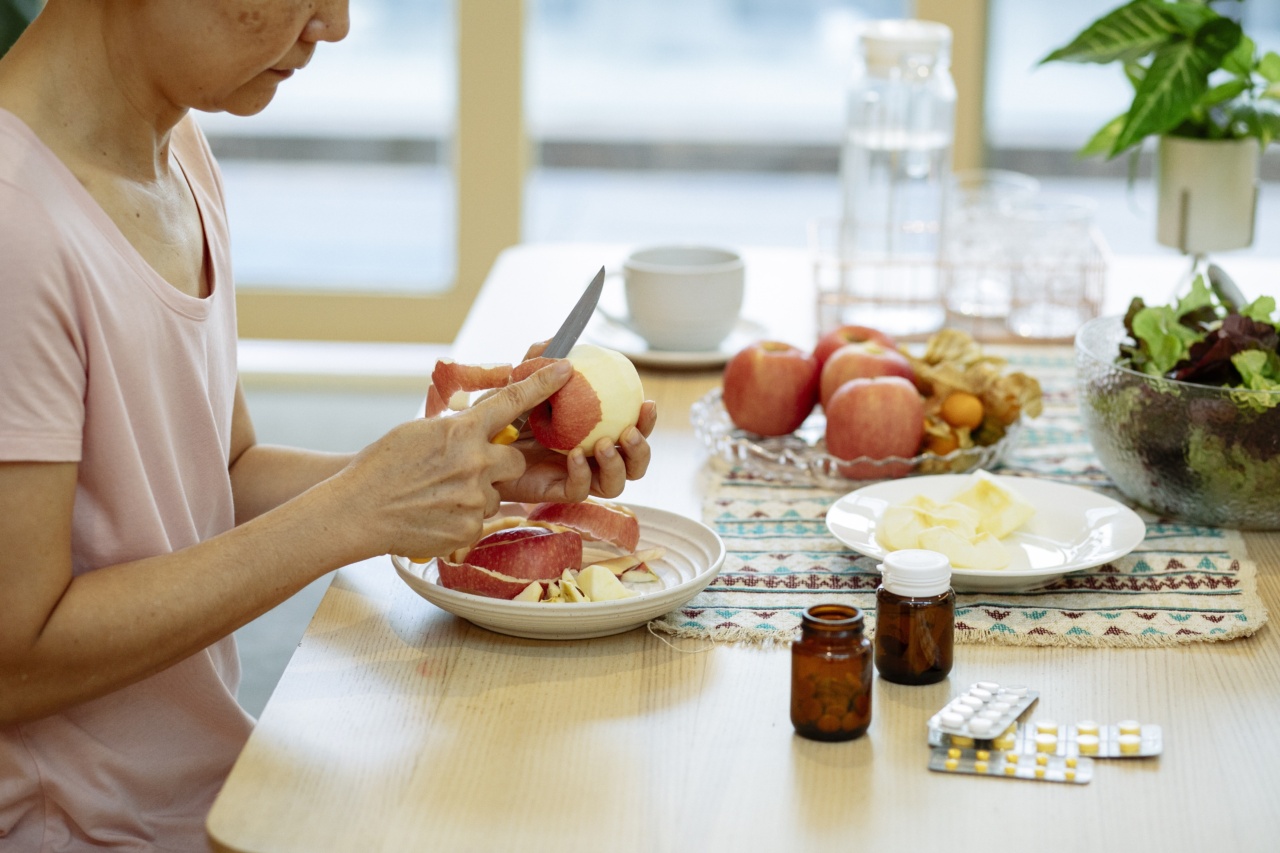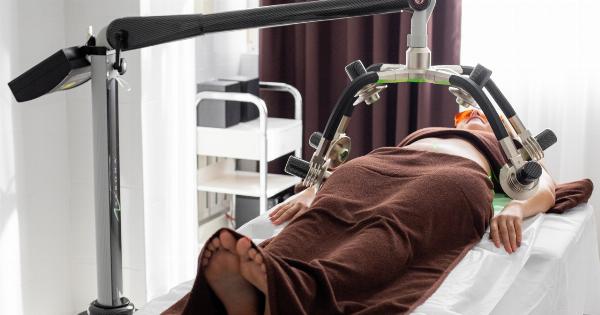With the hot summer months upon us, many of us might be looking for quick and easy remedies to soothe painful sunburns.
Apple cider vinegar has often been touted as one such remedy, with some people claiming that it can help alleviate the discomfort of sunburn and speed up the healing process. However, there is actually no scientific evidence to support this claim, and using apple cider vinegar on sunburns could even be harmful in some cases.
What is apple cider vinegar?
Before we dive into the reasons why apple cider vinegar is not a good remedy for sunburns, let’s first briefly discuss what apple cider vinegar is.
Apple cider vinegar is made from apple cider that has undergone fermentation to turn it into vinegar. During the fermentation process, yeast and bacteria break down the natural sugars in apple cider, converting them into alcohol.
The alcohol then undergoes a second fermentation process, during which it is converted into acetic acid, the main component of vinegar.
Why people think apple cider vinegar can help with sunburns
There are a few reasons why some people believe that apple cider vinegar can be beneficial for sunburns. Firstly, apple cider vinegar is acidic, with a pH of around 2-3. This acidity can help to soothe inflamed skin and reduce itching and pain.
Additionally, apple cider vinegar contains acetic acid and malic acid, which may have some antibacterial and antifungal properties that could help prevent infections from developing in sunburned skin.
The risks of using apple cider vinegar on sunburns
While there may be some potential benefits to using apple cider vinegar on sunburns, the risks outweigh the rewards. Firstly, it is important to note that apple cider vinegar is not a substitute for proper sun protection.
If you have gotten a sunburn, it means that your skin has already been damaged by UV radiation, which can increase your risk of skin cancer. To protect your skin from further damage, it is important to stay out of the sun and wear protective clothing, hats, and sunscreen with an SPF of at least 30.
Applying apple cider vinegar to sunburned skin can actually worsen the burn in some cases. Because apple cider vinegar is acidic, it can cause further irritation and pain if the skin is already inflamed.
Additionally, some people may have an allergic reaction to apple cider vinegar, which can cause further damage to the skin.
Finally, using apple cider vinegar on sunburned skin can actually slow down the healing process. When your skin gets sunburned, it becomes inflamed as your body tries to repair the damage.
This inflammation is a natural and necessary part of the healing process, and using apple cider vinegar to soothe the burn can actually interfere with this process and delay healing.
What to do instead
If you do get a sunburn, there are a few things you can do to help alleviate the pain and speed up the healing process. Firstly, take a cool bath or shower to soothe the skin.
You can also apply aloe vera gel, which has been shown to have anti-inflammatory properties and can help reduce redness and pain. Drinking plenty of water can also help keep your skin hydrated and promote healing.
If your sunburn is severe or you are experiencing symptoms such as fever or chills, it is important to see a doctor. In some cases, sunburn can cause dehydration and other complications that require medical attention.
Conclusion
While apple cider vinegar may seem like a quick and easy remedy for sunburns, there is no scientific evidence to support this claim, and it can actually be harmful in some cases.
Instead, it is important to practice proper sun protection to avoid getting sunburned in the first place and to take steps to alleviate any pain and promote healing if you do get burned.






























